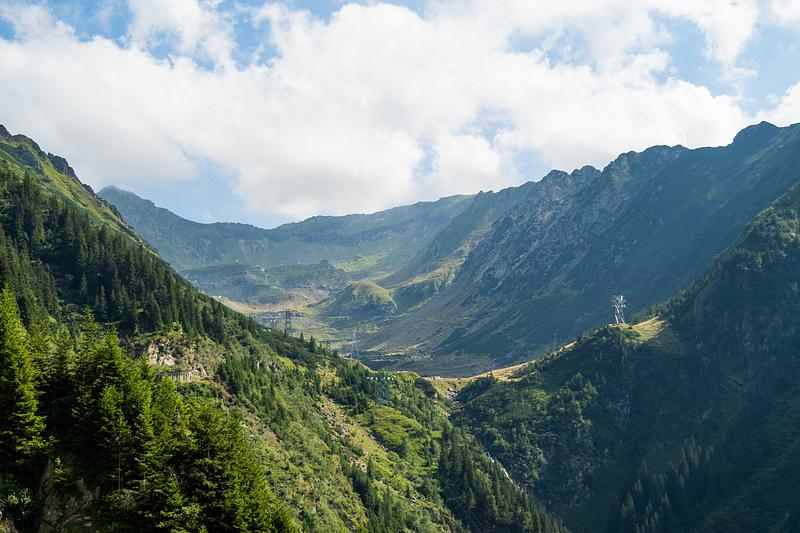Conservation Carpathia partners with Germany’s largest national park



Foundation Conservation Carpathia (FCC), which aims to create a world-class wilderness reserve in the Southern Romanian Carpathians, has partnered with Bayerischer Wald National Park (Bavarian Forest National Park) for a five-year cooperation.
The partnership aims to transfer knowledge between Germany and Romania in species research and monitoring projects, large carnivore management, the development of educational programs, the creation of economic mechanisms for communities, tourism programs, training and communication.
The two organizations will work together to improve and exchange knowledge in the field of research and monitoring, with a focus on modern remote sensing techniques, develop environmental education programs and training programs for young rangers, and exchange experience in ecological restoration, FCC explained in an announcement. They will also cooperate in the management of large carnivores and herbivores and exchange experience in the regional development of tourism programs, local community involvement, economic development and communication projects.
The cooperation, which will see FCC benefit from Bayerischer Wald National Park’s over 50 years of experience, kicked off in April with a working visit of a group of mayors from the southern Făgăraș Mountains.
“We are honored and proud of our partnership with the Bavarian Wald National Park,” said Christoph Promberger, executive director of Foundation Conservation Carpathia. “Because we, Foundation Conservation Carpathia, as a project are partnering with the largest, oldest and most valuable national park in Germany. This is something special, especially because in June, when the team of this park came to see us and saw the Făgăraș Mountains, they could not believe that the Făgăraș Mountains are not a national park. They told us that we have all the ingredients that a park should have, we just don’t use this potential for the local communities. I think we can learn a lot from them.”
“Through this partnership, we believe we can lay the foundations for an intensive exchange of knowledge for the benefit of both organizations,” said Dr Franz Leibl, head of the Bayerischer Wald National Park Administration. “We have to learn about the wild forests, about the coexistence of humans and wild animals, about large carnivores.”
The Bayerischer Wald National Park was established in 1970 as a mechanism for economic growth. It covers an area of 24,250 ha and together with the Czech Sumava National Park – 69,000 ha – forms the largest protected area in Europe. Access to the park is free, and it is supported by public funds, with an annual budget of between EUR 20 and EUR 25 million. The presence of the park brings around 1.4 million tourists to the area, generating EUR 52 million for the local economy, according to research data from 2018. The park develops educational programs for schools in the community, involves local people in guided tours and generates jobs for the whole area.
FCC works to contribute to the conservation and restoration of the natural ecosystems of the Carpathian Mountains for the benefit of biodiversity and local communities. From 2009 to date, the project has saved over 27,000 hectares of forests and alpine meadows in the south-eastern Southern Carpathians from logging and has restored 1,819 hectares of forest by planting over 3.5 million seedlings. It contributes to the communities in the vicinity of protected forests through social, education and green business development projects.
(Photo: Moruzx/ Dreamstime)
simona@romania-insider.com